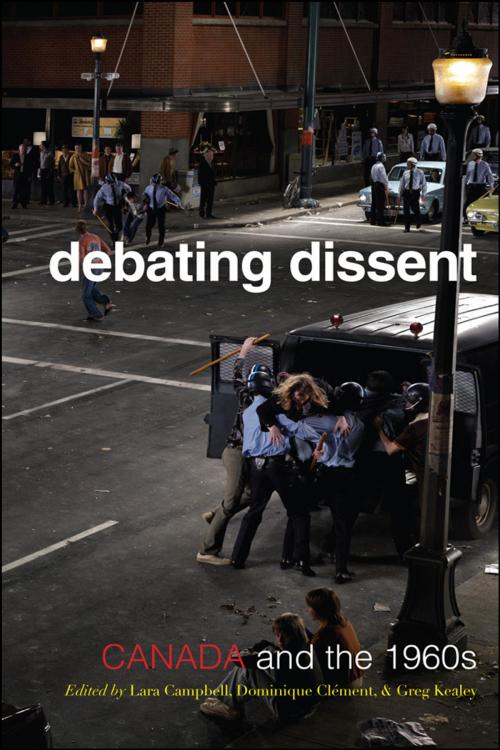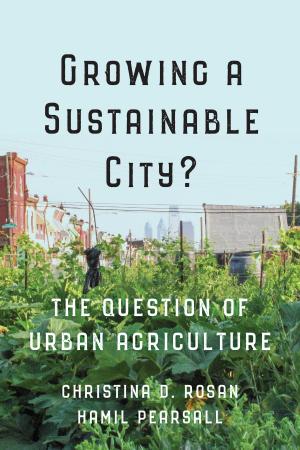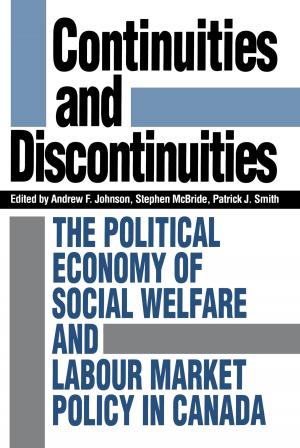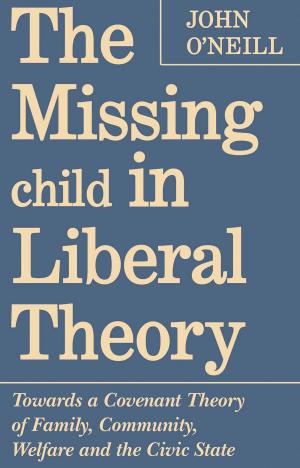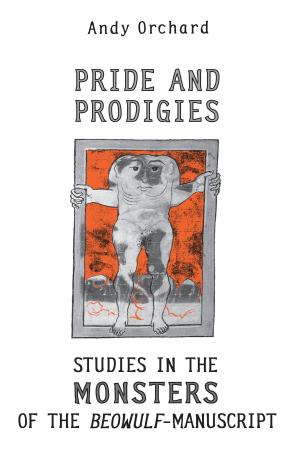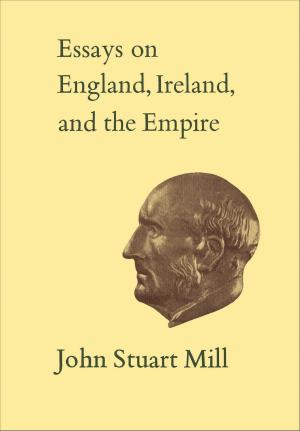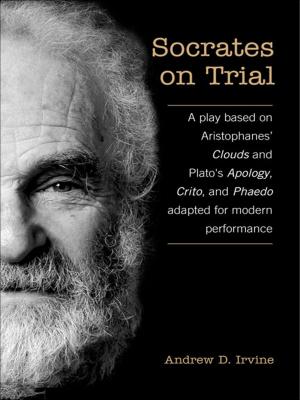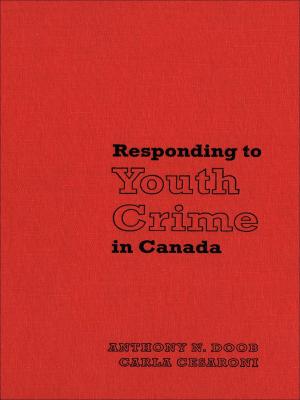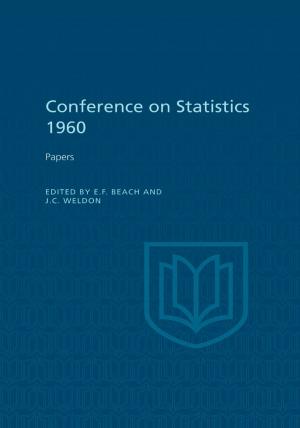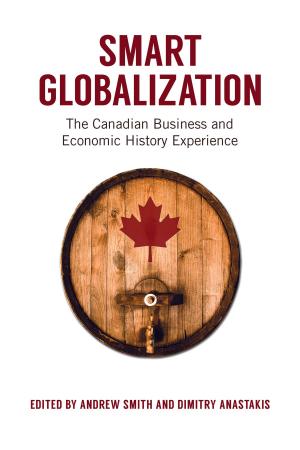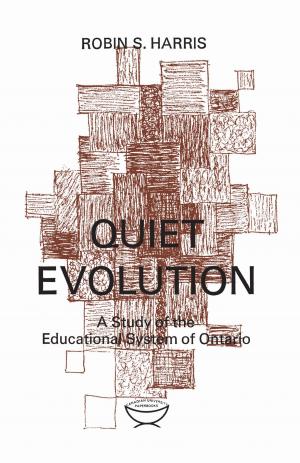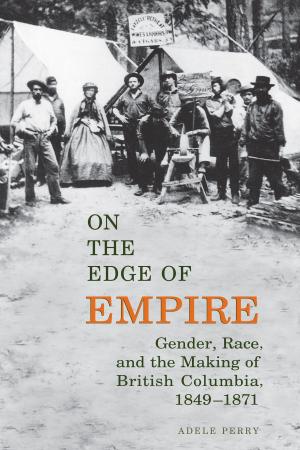| Author: | Lara A. Campbell, Dominique Clement, Gregory S. Kealey | ISBN: | 9781442667211 |
| Publisher: | University of Toronto Press, Scholarly Publishing Division | Publication: | October 9, 2012 |
| Imprint: | Language: | English |
| Author: | Lara A. Campbell, Dominique Clement, Gregory S. Kealey |
| ISBN: | 9781442667211 |
| Publisher: | University of Toronto Press, Scholarly Publishing Division |
| Publication: | October 9, 2012 |
| Imprint: | |
| Language: | English |
Although the 1960s are overwhelmingly associated with student radicalism and the New Left, most Canadians witnessed the decade’s political, economic, and cultural turmoil from a different perspective. Debating Dissent dispels the myths and stereotypes associated with the 1960s by examining what this era’s transformations meant to diverse groups of Canadians – and not only protestors, youth, or the white middle-class.
With critical contributions from new and senior scholars, Debating Dissent integrates traditional conceptions of the 1960s as a ‘time apart’ within the broader framework of the ‘long-sixties’ and post-1945 Canada, and places Canada within a local, national, an international context. Cutting-edge essays in social, intellectual, and political history reflect a range of historical interpretation and explore such diverse topics as narcotics, the environment, education, workers, Aboriginal and Black activism, nationalism, Quebec, women, and bilingualism. Touching on the decade’s biggest issues, from changing cultural norms to the role of the state, Debating Dissent critically examines ideas of generational change and the sixties.
Although the 1960s are overwhelmingly associated with student radicalism and the New Left, most Canadians witnessed the decade’s political, economic, and cultural turmoil from a different perspective. Debating Dissent dispels the myths and stereotypes associated with the 1960s by examining what this era’s transformations meant to diverse groups of Canadians – and not only protestors, youth, or the white middle-class.
With critical contributions from new and senior scholars, Debating Dissent integrates traditional conceptions of the 1960s as a ‘time apart’ within the broader framework of the ‘long-sixties’ and post-1945 Canada, and places Canada within a local, national, an international context. Cutting-edge essays in social, intellectual, and political history reflect a range of historical interpretation and explore such diverse topics as narcotics, the environment, education, workers, Aboriginal and Black activism, nationalism, Quebec, women, and bilingualism. Touching on the decade’s biggest issues, from changing cultural norms to the role of the state, Debating Dissent critically examines ideas of generational change and the sixties.
